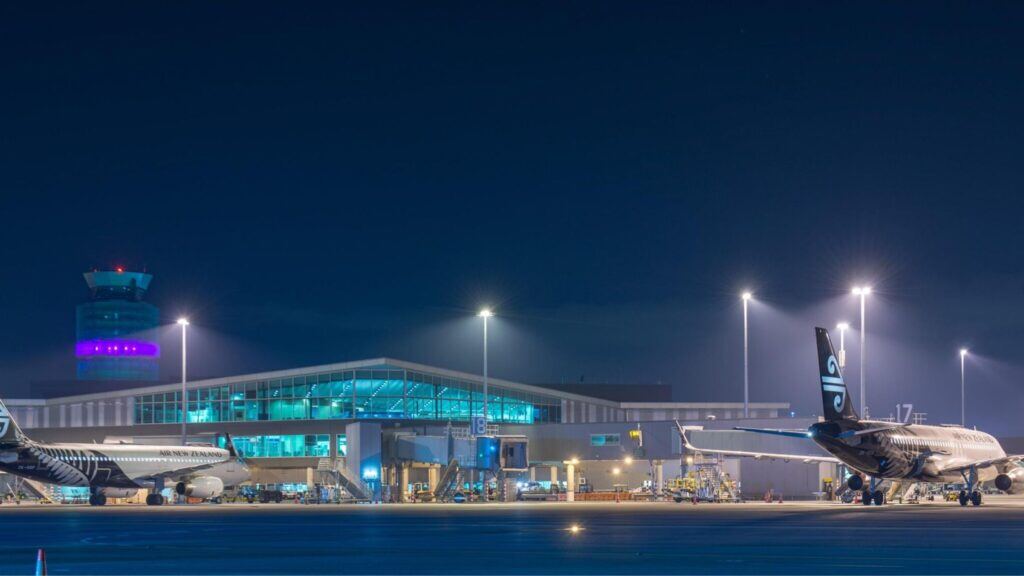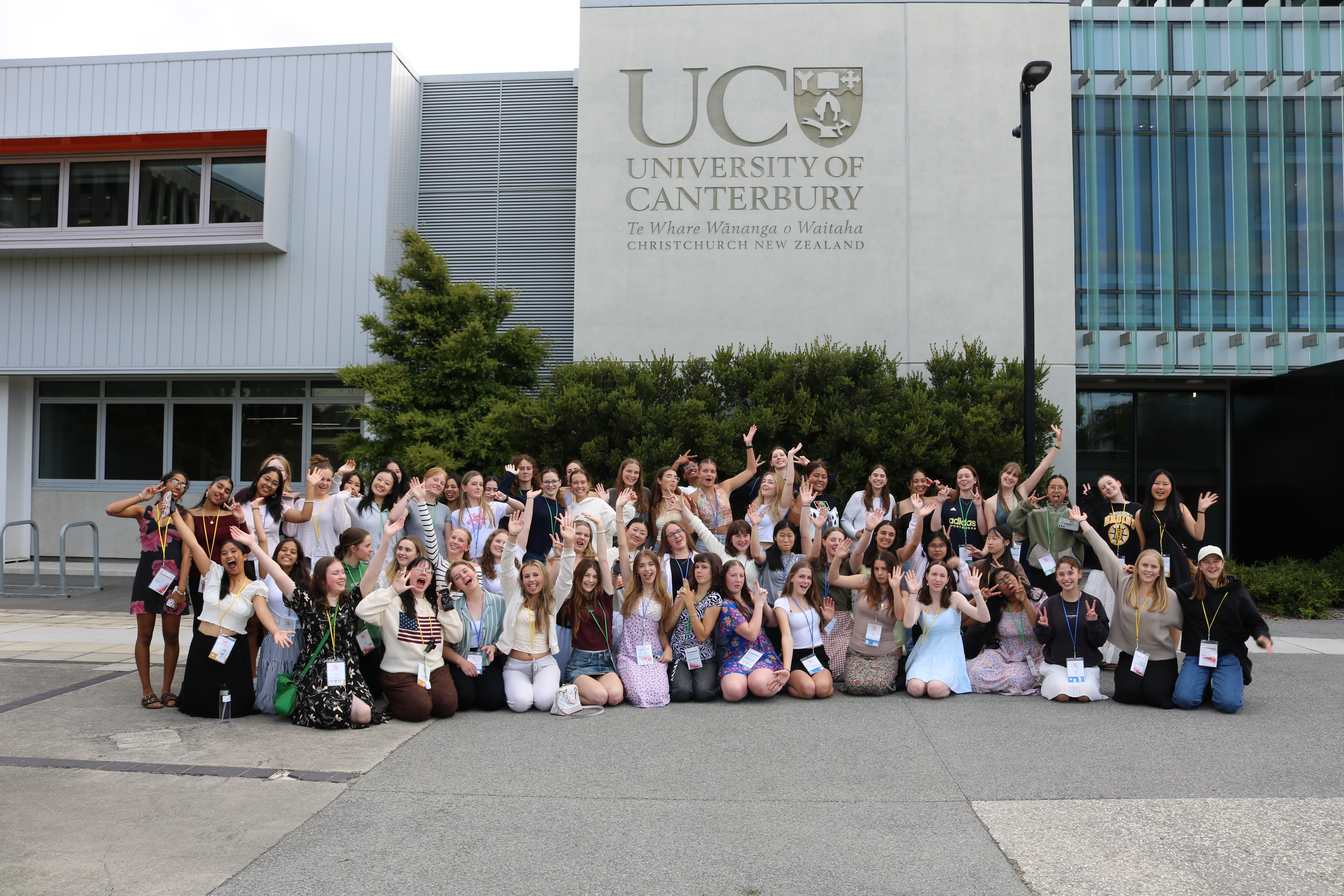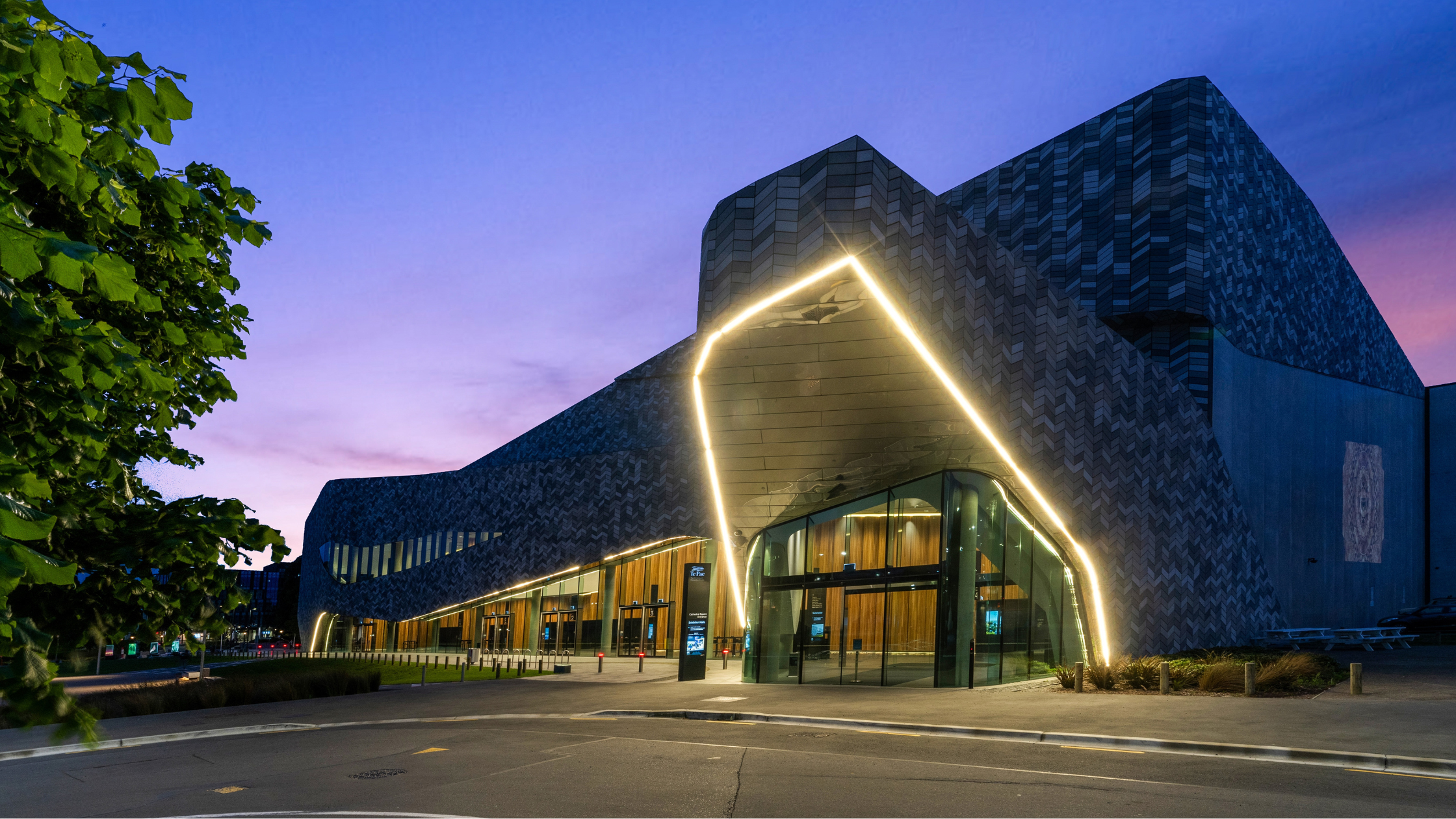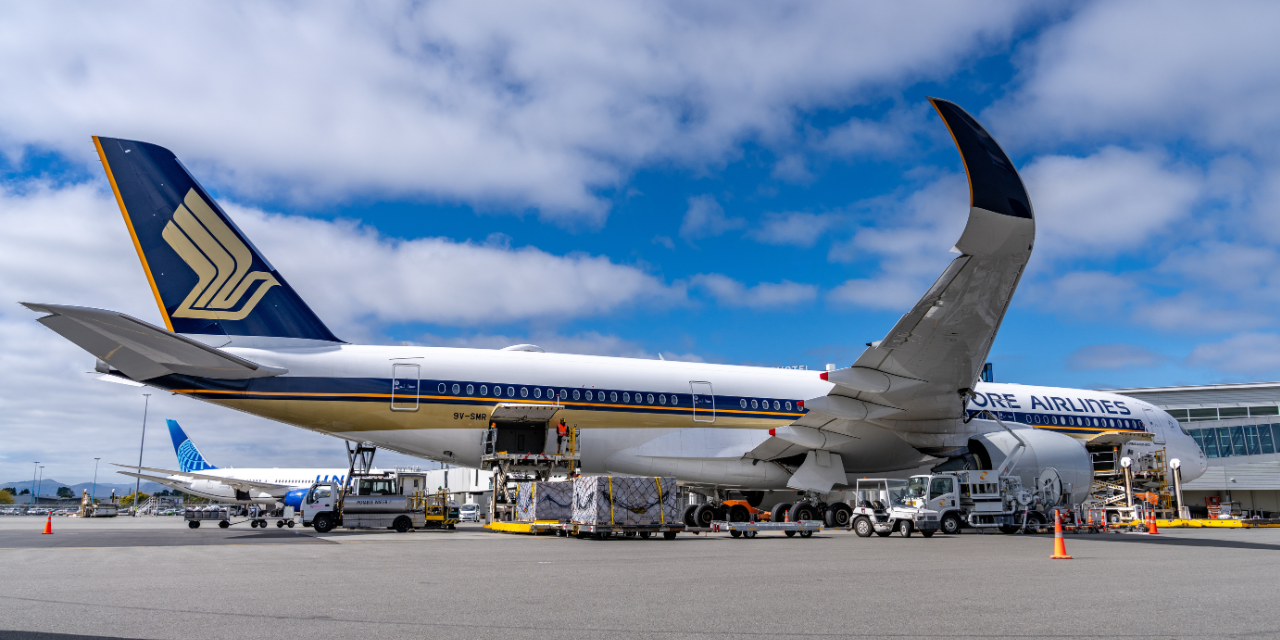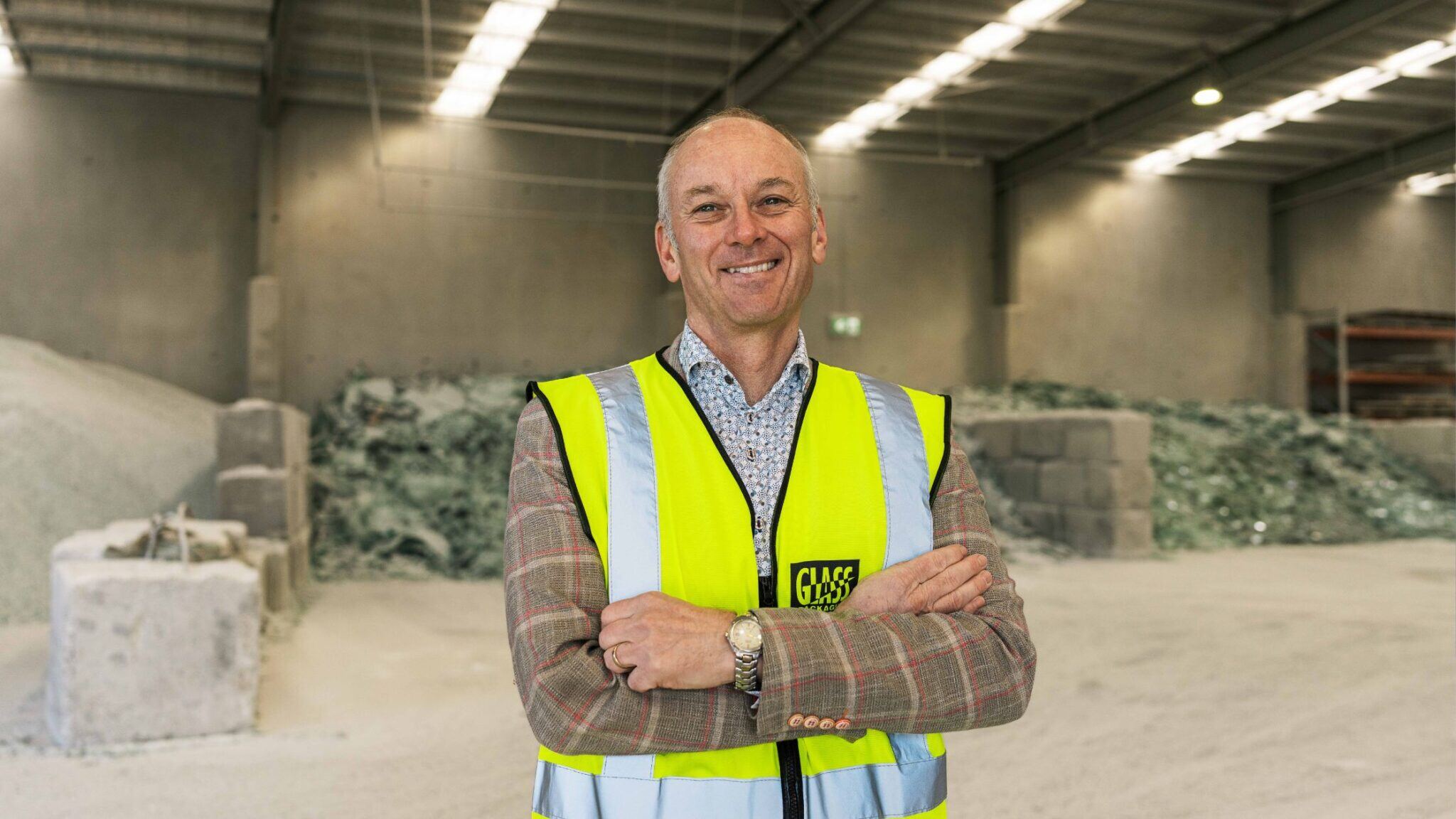Christchurch Airport and nine European airports are the first in the world to achieve a new level in Airport Carbon Accreditation (ACA), with Christchurch being the only airport in the Southern Hemisphere.
The Airports Council International (ACI) has just unveiled the new accreditation level, known as Level 5, at the 28th United Nations Climate Change Conference (COP28).
Director General of ACI Europe Olivia Jakovec says the Airport Carbon Accreditation programme has always set the bar high and today marks a pivotal shift.
“With Level 5, we establish a reference framework for achieving a net-zero carbon balance for airports – a milestone unmatched by any other industry to date. We do not shy away from the role aviation plays in the climate emergency – it is one of the most difficult industries to decarbonise, but working together with all the stakeholders active at the airport site we can bring about real change.”
At a dedicated side-event during COP28, ten world leading airports were presented with their Level 5 certification. The other nine airports are Amsterdam Airport Schiphol, Eindhoven and Rotterdam-The Hague airports in the Netherlands; Beja, Madeira and Ponta Delgada airports in Portugal; Göteborg Landvetter and Malmö airports in Sweden and Toulon-Hyères airport in France.
To achieve this level of accreditation an airport must:
- Submit a verified carbon footprint for Scope 1 and 2 emissions and all relevant categories of Scope 3 emissions as per requirements of the GHG Protocol Scope 3 Guidance
- Reach and maintain ≥90% absolute CO2 emissions reductions in Scope 1 and 2, and commit to Net Zero in Scope 3 by 2050 or sooner
- Apply credible carbon removals for the residual emissions
- Develop a Carbon Management Plan (CMP) outlining the steps to achieve emissions targets
- Develop a Stakeholder Partnership Plan to achieve Net Zero for Scope 3 emissions by engaging with the value chain and actively drive third parties at the airport towards delivering emissions reductions themselves with regular milestones in line with their sectors net zero frameworks and commitments.
Christchurch Airport chief executive Justin Watson says the achievement is the culmination of a lot of hard mahi (work). “Christchurch Airport’s been working hard at this for more than 15 years. A dedicated team of people have gone above and beyond to get us here. I’d also like to acknowledge the assessors who independently verify our work, the ACA Asia Pacific team, and those who have challenged us to lift the bar even higher. We thank them for their support and challenge .”
The company’s Sustainability Transition Leader Claire Waghorn says it’s a very proud moment. “This is a moon shot moment for our team. This is a challenging sector to abate and no one is under any illusion – we have a whole lot more work to do to decouple carbon from aviation and make the zero aviation dream a reality. We recognise however the critical role that aviation plays, especially for isolated nations, and therefore are committed to being part of the solution. That’s why 90% of the work we do now focuses on how we can help other businesses, including our airline partners decarbonise.
“As a business we are working hard. We are building a 400-hectare renewable energy precinct, Kōwhai Park, to provide the green energy low emission aircraft will need in the future. We’re part of a consortium to enable hydrogen aviation to take off in New Zealand and we’re helping lead Sustainable Aviation Aotearoa.”
The Airport Carbon Accreditation programme, and the ambition embodied by the new level announced today, has earned applause from the United Nations Framework Convention on Climate Change (UNFCCC) and the United Nations’ International Civil Aviation Organisation (ICAO).
Conor Barry, Manager Engagement and Climate Change Sub-division, UNFCCC said: “COP28 is an opportunity for nations to come together and take stock of the progress made globally to reach the ambitious goals of the Paris Agreement. While governments focus on national approaches, there is much to celebrate and commend in the realm of non-governmental climate action, particularly by the global airport industry. I commend airports for their leadership in carbon management, notably by aligning their global carbon standard Airport Carbon Accreditation with the goals set forth by the Paris Agreement, and advancing in step with the rising level of ambition and deeper understanding of the climate science.
“Achieving the profound transformation needed for sustainable development and global temperature stabilisation requires commitments and participation from all sectors and levels of society. What airports set out to achieve is exemplary. In particular, my congratulations go out to all ten pioneers of Level 5.”
Secretary General of ICAO Juan Carlos Salazar said: “I congratulate ACI for their leadership in climate action. The addition of Level 5 to the Airport Carbon Accreditation framework is a significant step forward in the industry’s journey towards decarbonisation. The fulfilment of the ICAO Long-Term Aspirational Goal depends upon all stakeholders stepping up to deliver their part in ridding our industry of carbon. At the same time, aviation is a tightly knit community, where every stakeholder’s actions have an impact on the network. Decarbonised airports will set in motion virtuous circles of further transformation and emissions cuts. I applaud the ten pioneering airports for their contribution to making a net zero aviation a reality.”
Have you got news to share? Email us your business news, story idea, or opinion piece to news@businesscanterbury.co.nz
Browse Posts
Sign-up to Bold Company
Browse by topic
- News (68)
- Business growth (24)
- Business success (24)
- Innovation (17)
- Tourism (15)
- Podcast (10)
- Sustainability (10)
- Media Release (7)
- Advocacy (6)
- Global trade (6)
- Opinion (5)
- Surveys and Reports (5)
- Workforce, Immigration & Employment (5)
- Manufacturing (4)
- Small business (4)
- Education, Skills and Training (3)
- Events (2)
- North Canterbury (2)
- Mid-Canterbury (1)
The Bold Company Podcast
The stories of Canterbury businesses and the people behind them.

